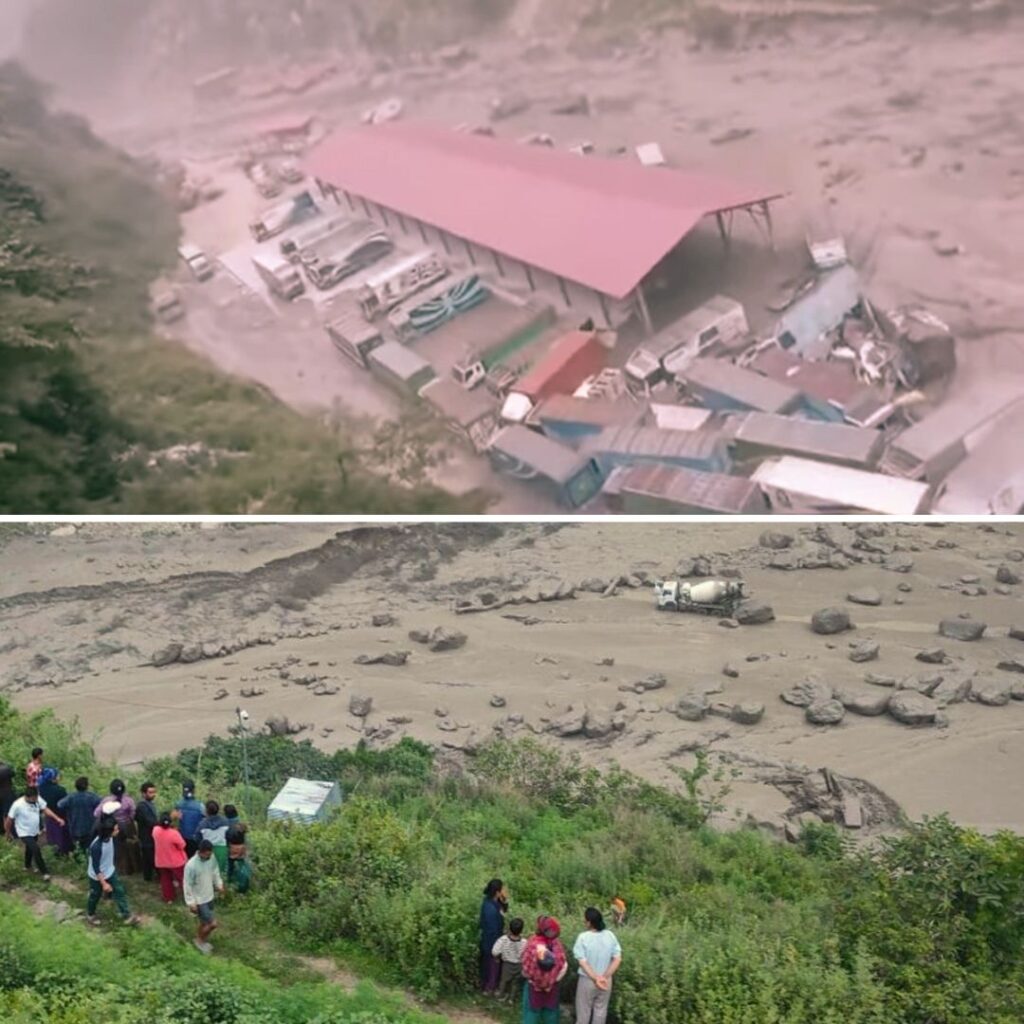“I had learnt my lesson: Never give up and keep pursuing things doggedly. The timber mafia tried in different ways to browbeat us. They also tried to offer us a bribe and even threatened to kill us but we refused to be cowed down,” said determinant Kalawati Devi Rawat in an interview with Hindustan Times.
This lady who is not even literate has revolutionised the whole village by her wisdom and determination. Let’s have a look at Kalawati’s journey from taking on the dangerous forest mafia to lighting up her village-Chamoli in Uttrakhand.
Who is Kalawati?
An unlettered woman, Kalawati belongs to a poor family from Bacher, a remote village in Uttarakhand’s border of district Chamoli. She dared to take on the timber mafia in a fiercely male-dominated society and not only succeeded but also won the respect of the men.
She was just 17-year-old when she took the step to deal with the timber criminals, out to destroy the forests of Bacher. She tamed the out-of-control alcoholics in the mountain village, once a prototype of Uttarakhand’s brutally male-dominated hill society.
The beginning of her journey
It was in the early 1980s when Kalawati’s story of activism began, shortly after she married and moved to Bacher. Her village had no electricity making life extremely difficult in the hills.
Taking ‘Chipko Movement’ leader Chandi Prasad Bhatt as her inspiration, Kalawati led a group of village women to meet government officials at the district headquarters, where they explained the difficulties they faced due lack of power and demanded that their village be electrified.
Chipko movement is the world’s pioneering green campaign which began in the 1970s in Uttarakhand. The villagers hugged trees to save them from the forest mafia’s onslaught.
In an interview with Hindustan Times, she said, “We started looking for a solution and, one day, my village sarpanch and I trekked 25 km to Gopeshwar where we met Bhattji-Chipko leader, at his residence and discussed our problem with him. He took us to the concerned officer and reasoned with him.”
She further added that the whole village had access to electricity in a few days, as it was connected to an electric grid. Experiences like these were, in fact, gradually preparing her for future challenges.
When women in her village hugged trees
The second problem that Kalawati confronted in her village was the problem of deforestation. It was the year 1985. One morning, a group of women from Bacher set out on a five-km trek up to the Panchayat forest of Taantri to bring fodder. As they entered the jungle they were shocked to see an unusual sight.
Kalawati recollects, “The forests present there had a marked row and rows of dead trees for felling. They were around 1000 in number.”
The act rose to a clamour between both sides, Kalawati Devi recalls, “The foresters tried all tricks to browbeat us. They tried to offer us a bribe and even threatened to kill us but we refused to be cowed down.”
Kalawati convinced the women of her village and asked them to hug trees to prevent them from being cut. On the other hand, the timber mafia tried every possible thing to stop Kalawati and her group, from offering a bribe to threatening to kill them.
Radha Devi Rawat, a village forest panchayat member says, “One morning, we women set out on a 25-km hilly trek to the district headquarters’ town (Gopeshwar) chanting slogans ‘Chipko Andolan Jindabad’ (Hail the Chipko movement), Ped Lagao, Desh Bachao (Plant Trees, save the Nation).”
Following this, the administration announced that trees will not be cut down in the Taantari forest. Although a war had been won, a bigger problem persisted, the nexus between the forest mafia and the alcoholics of Bacher village continued to torment the women.
Kalawati had a novel solution to that problem as well; she desired to head the village forest panchayat. The then sub-divisional magistrate allowed Kalawati Devi to contest the panchayat election. The wise lady said that the concerned officer at that point of time fell in line when she argued that women had been legally empowered to contest the panchayat elections.
Since then, their control over the local body has been intact and Kalawati was made the president of the Mahila Mangal Dal, (an all-women group) of her village. The women now act tough with the alcoholics. Almost all menfolk have now given up liquor and there is also no trace of the timber mafia.
The Logical Indian community salutes the brave lady who dared to put her village on the path of progress and inspired her fellow village women to dream big.
With #MySocialResponsibility, we aim to bring you more inspiring stories of individuals and organisations across the globe. If you also know about any changemakers, share their story at [email protected] and we’ll spread the word.











